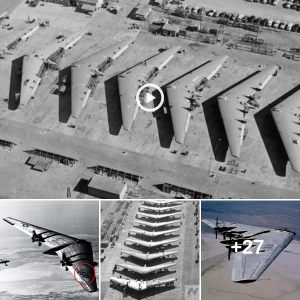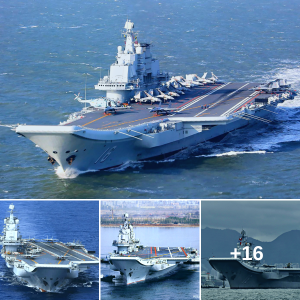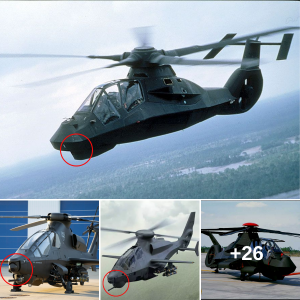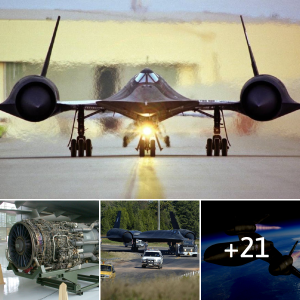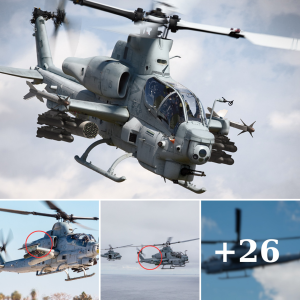NATO announced on Friday that on Monday the 17th it will start its annual “Steadfast Noon” nuclear exercise, in which up to 60 aircraft will participate in training flights over Belgium, the North Sea and Great Britain to practice the use of US nuclear bombs based on in Europe.
The nuclear drills – which do not involve actual bombs – take place amid heightened tensions after Russia repeatedly threatened nuclear strikes in Ukraine following significant military setbacks on the battlefield in that country.

The “Steadfast Noon” is likely to coincide with Moscow’s own annual nuclear exercises, dubbed “Grom,” which normally take place in late October and in which Russia tests its nuclear-capable bombers, submarines and missiles.
NATO has claimed that the Western drills are not motivated by the latest tensions with Russia.
“The exercise, which will last until October 30, is a routine and recurring training activity and is not linked to any current world events,” the alliance announced on its website, adding that no real weapons would be used.
“This exercise helps ensure that the Alliance’s nuclear deterrent remains safe and effective,” NATO spokeswoman Oana Lungescu said.
Belgium is the host country for the exercises, in which 14 countries and up to 60 aircraft will participate, including the most advanced fighters on the market and the United States’ B-52 long-range bombers, which will fly from Minot air base in North Dakota, according to the release.

On Tuesday, NATO chief Jens Stoltenberg made it clear that the alliance would go ahead with its drills despite the tense international situation.
NATO’s new Strategic Concept, adopted by Allied leaders at the Madrid Summit in June, makes clear that “the fundamental purpose of NATO’s nuclear capability is to preserve peace, prevent coercion and deter aggression.” He stresses that, “as long as nuclear weapons exist, NATO will remain a nuclear alliance. NATO’s goal is a safer world for all; we seek to create the security environment for a world without nuclear weapons.”
Canceling the drills because of the war in Ukraine would send a “very wrong signal”, he told reporters, arguing that NATO military force was the best way to prevent further escalation of tensions.
